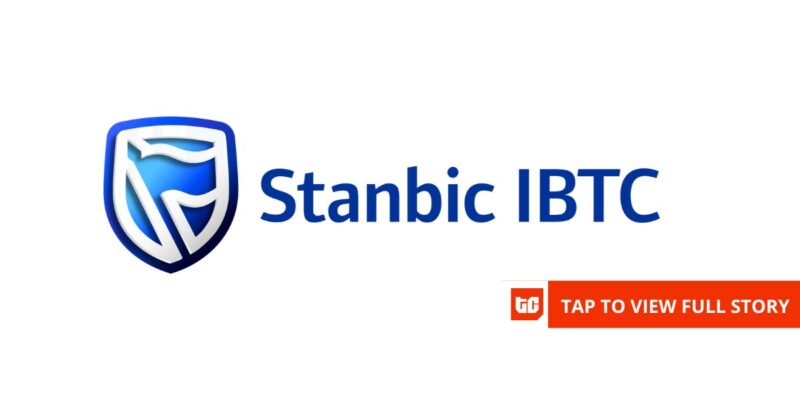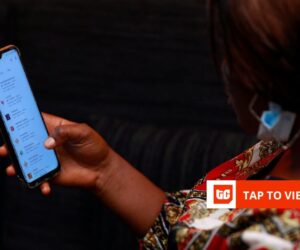Nigeria’s Securities and Exchange Commission has fined Stanbic IBTC Capital Limited, the investment banking subsidiary of Stanbic IBTC Holdings PLC, ₦50.15 billion ($34.49 million) for using digital distribution channels during Guaranty Trust Holding Company Plc’s (GTCO) public offer without regulatory approval.
Stanbic disclosed the penalty in its H1 2025 financial statements. The fine is tied to GTCO’s ₦392.49 billion ($269.71 million) capital raise last year, part of a race by banks to meet the Central Bank’s recapitalisation rule. Stanbic was the lead issuing house—an investment bank/ financial institution acting as the main intermediary for a company issuing shares or bonds to the public—and the offer adopted physical and digital channels to rope in more retail investors.
“SEC imposed a fine of ₦50,145,000,000 ($34.49 million) on Stanbic IBTC Capital Limited as the Lead Issuing House for the issuer, Guaranty Trust Holding Company Plc (GTCO PLC) who failed to obtain “No Objection” or approval from the SEC prior to utilising its digital distribution channels (internet banking and mobile apps) to accept applications under its Public Offer of shares,” the bank said.
Digital platforms are designed to enhance the efficiency of public offering subscriptions and rights issue processes, while also opening them up to retail investors. In 2021, over 150,000 new retail investors participated in Nigeria’s first digital public offer, which involved MTN. But even as market operators embrace new channels, they must carefully balance innovation with regulation, or pay a price for it.
This fine is the biggest on Stanbic’s books, and according to insiders, the bank won’t be contesting it. “That is why it is in the financial report. Everything was declared there,” said one person familiar with the matter, who asked not to be named, to speak freely.
SEC did not respond to comments at the time of publication.
The fine further spotlights the steep regulatory requirements of the financial sector. The CBN, SEC, and NGX fined seven banks $10.7 million in 2024. Stanbic IBTC Holdings Plc paid ₦113 million ($77,650.42) as penalties in H1 2025, a 28.93% drop from ₦159 million ($109,260.33) in H1 2024.
In 2024, the Nigerian Exchange Group rolled out NGX Invest, a platform designed to streamline public offerings and rights issues, after securing regulatory approval from the SEC, with Access Holdings and Fidelity Bank among early adopters.
Issuing houses need approval from the SEC before they can deploy with platforms. “An Issuing House requires approval from the Securities and Exchange Commission (SEC) before embarking on a public offer for an Issuer/Company, whether it plans to use traditional channels or digital channels for distribution,” said Michael Pratt, Investment Banker, Comercio Partners, a Lagos-based investment firm.
“The key thing to note is that the offer itself must be approved by the SEC, not necessarily the distribution channel. The approval is required primarily to ensure investor protection, maintain market integrity, and promote transparency.”
Failure to receive approval can attract heavy fines, as Stanbic learned, or in severe cases, licence suspension or withdrawal.
According to market operators, the penalty won’t derail the digitalisation drive sweeping the capital markets, where apps pushed retail investments to ₦516.50 billion ($354,924.27) in July 2025.
“Whilst some capital market operators may yet argue that it does, fines for non-compliance would not significantly impact the digital drive in Nigeria’s investment space,” said Pratt. “In fact, it is important that the commission uses this to deter practices which are not in line with the commission’s guidelines.”
Mark your calendars! Moonshot by TechCabal is back in Lagos on October 15–16! Meet and learn from Africa’s top founders, creatives & tech leaders for 2 days of keynotes, mixers & future-forward ideas. Get your tickets now: moonshot.techcabal.com









